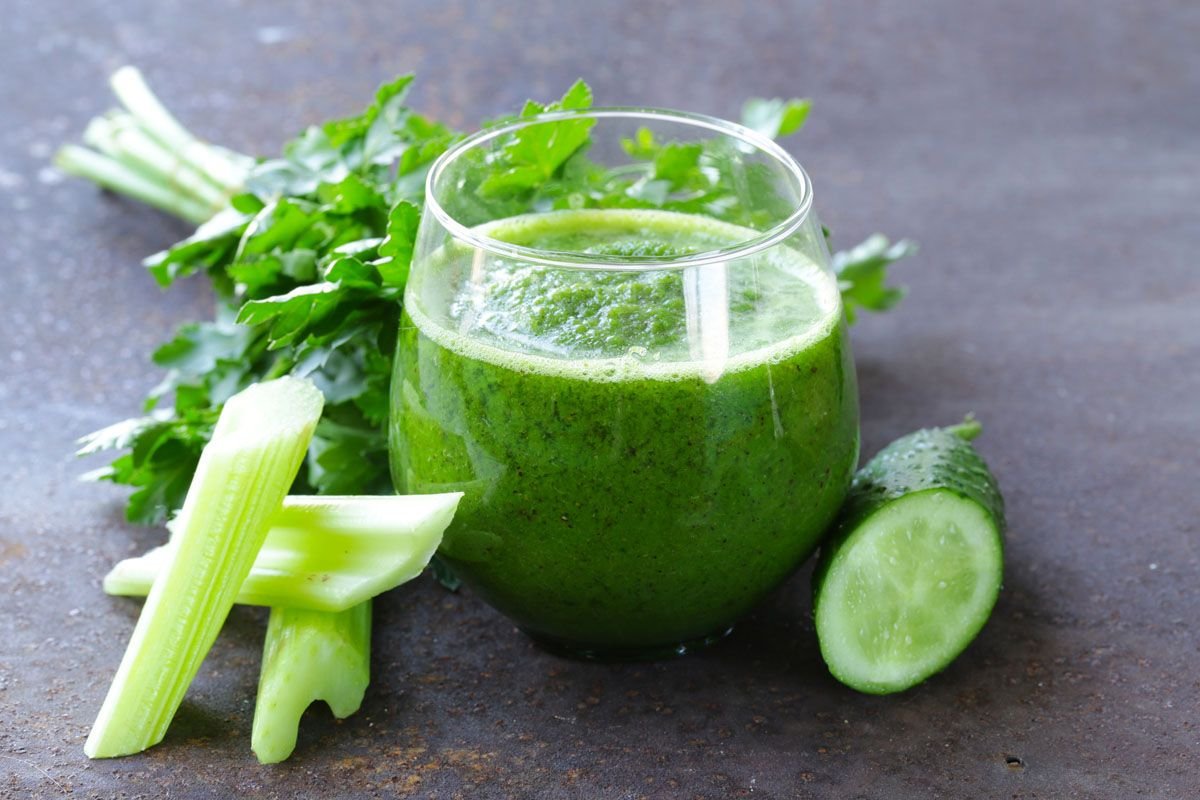Is Celery Juice Healthy? All You Need to Know?
Celery juice has recently gained immense popularity as a health trend, touted for its numerous potential benefits. Advocates claim that it can improve digestion, boost energy levels, and even aid in weight loss. But what exactly is celery juice, and is it truly as healthy as it’s made out to be? Let’s delve into the details to understand the truth behind the hype.
Nutritional Profile of Celery Juice
Celery is a low-calorie vegetable packed with essential nutrients. Celery juice retains many of these nutrients, including vitamins A, K, and C, as well as minerals like potassium and folate. Additionally, it contains antioxidants such as flavonoids and phenolic acids, which contribute to its potential health benefits. However, it’s essential to note that juicing removes some of the dietary fiber found in whole celery, which plays a crucial role in digestive health.
Celery Juice Nutrition: Understanding the Nutritional Value
Celery juice is revered for its potential health benefits, but its nutritional composition is equally noteworthy. This green elixir contains a diverse array of vitamins, minerals, and antioxidants, making it a nutrient-dense addition to any diet. Let’s delve into the specifics of juice nutrition to understand its role in promoting overall health and well-being.
Vitamins
One of the standout features of juice is its rich vitamin content. It is particularly abundant in vitamin K, which plays a crucial role in blood clotting and bone health. Additionally, juice provides a significant amount of vitamin A, essential for maintaining healthy vision, skin, and immune function. Vitamin C, another potent antioxidant found in celery juice, supports immune health, collagen production, and wound healing.
Minerals
Celery juice is also a good source of essential minerals that are vital for various physiological functions. Potassium, for example, is abundant in celery juice and is essential for maintaining fluid balance, regulating blood pressure, and supporting nerve and muscle function. Furthermore, celery juice contains folate, a B vitamin important for DNA synthesis and cell division, as well as magnesium, which is involved in hundreds of enzymatic reactions in the body.
Dietary Fiber
While juicing removes much of the dietary fiber found in whole celery, celery juice still contains some fiber, albeit in smaller quantities. Fiber is essential for digestive health, promoting regular bowel movements, preventing constipation, and supporting the growth of beneficial gut bacteria. However, if you’re looking to increase your fiber intake, consider blending whole celery stalks instead of juicing them to retain the fiber content.
Antioxidants
Antioxidants are compounds that help neutralize harmful free radicals in the body, protecting cells from oxidative damage and reducing the risk of chronic diseases. Celery juice contains various antioxidants, including flavonoids, phenolic acids, and vitamin C, which contribute to its potential health benefits. These antioxidants may help reduce inflammation, support cardiovascular health, and even protect against certain types of cancer.
Hydration
In addition to its nutritional content, celery juice is an excellent hydrating beverage due to its high water content. Proper hydration is essential for maintaining overall health and well-being, as it supports various bodily functions, including temperature regulation, nutrient transportation, and waste removal. Drinking celery juice can help replenish fluids lost through perspiration, urine, and respiration, keeping you hydrated and energized throughout the day.
Potential Health Benefits
One of the primary reasons for the popularity of celery juice is its purported health benefits. Some studies suggest that celery and its juice may have anti-inflammatory properties, which could help reduce the risk of chronic diseases such as heart disease and cancer. Moreover, its high water content may contribute to hydration and promote kidney health by aiding in the elimination of toxins from the body. Some individuals also claim that drinking celery juice on an empty stomach can improve digestion and alleviate bloating.
Claims vs. Scientific Evidence
While many anecdotal reports and personal testimonies praise the benefits of celery juice, scientific evidence supporting these claims is limited. Most of the research conducted on celery’s health effects has been performed on animals or in vitro, making it challenging to extrapolate the results to humans. Furthermore, the studies that do exist often use concentrated celery extracts rather than whole celery or celery juice, raising questions about their relevance to real-world consumption patterns.
Potential Side Effects and Considerations
Although celery juice is generally considered safe for most people when consumed in moderation, some individuals may experience side effects. Its natural diuretic properties may increase urine production, which could lead to more frequent trips to the bathroom. Additionally, some people may be allergic to celery, experiencing symptoms such as itching, swelling, or difficulty breathing after consumption. Moreover, excessive consumption of celery juice may contribute to fluctuations in blood sugar levels, particularly in individuals with diabetes.
Incorporating Celery Juice into Your Diet
If you’re interested in trying celery juice as part of your wellness routine, there are several factors to consider. First, it’s essential to choose fresh, organic celery whenever possible to minimize exposure to pesticides and other contaminants. Additionally, consider blending rather than juicing celery to retain its dietary fiber and maximize its nutritional benefits. Start with small servings to gauge your body’s response and gradually increase the amount as tolerated.
Conclusion:
In conclusion, while celery juice may offer some potential health benefits due to its nutrient content and antioxidant properties, it’s essential to approach its consumption with caution and skepticism. While anecdotal evidence and personal testimonials abound, scientific research on celery’s specific health effects is limited and inconclusive. As with any dietary supplement or trend, it’s crucial to consult with a healthcare professional before making significant changes to your diet, especially if you have underlying health conditions or concerns. Ultimately, making informed choices based on reliable evidence is key to optimizing your health and well-being.







